It’s pretty cold out still, but the snowdrops are here and spring is just around the corner…promise! For even more cheer, here’s the latest from our writing short course alumni and tutors.
The Novel Studio Alumni
 Lara Haworth’s debut novel Monumenta is due out with Canongate in July. Pre-order here.
Lara Haworth’s debut novel Monumenta is due out with Canongate in July. Pre-order here.
Jo Cunningham’s debut cosy crime novel Death by Numbers is due out with Hachette in August. You can pre-order here.
Katharine Light has been shortlisted for The Selfies 2024 in the adult fiction category for her novel Like Me.
Current Novel Studio student Jill Craig has been published in Eggplusfrog.
| Peter Forbes’ Narrative Non Fiction alumnus Aniefiok Ekpoudom’s debut Where We Come From: Rap, Home & Hope in Modern Britain, was published by Faber last month. Jimi Famurewa reviewed it in The Evening Standard here.
Alumna Sophie Rutenbar, an expert on Haiti were she has worked, has won an International Affairs Fellowship from the US Council on Foreign Relations and is writing for the prestigious Brookings Institute.
Former City tutor Marcelle Bernstein’s Fact Based Storytelling alumnus Steve Young has published a book on Motherwell Cricket Club with Troubador publishing. |
| Susan Grossman’s Travel Writing alumna Yvette Cook has published an article in the Independent about travelling by train to Slovenia and another on Boscastle. |
Tutor News
Writing for Children tutor Bryony Pearce has her debut Middle Grade novel, Hannah Messenger and the Gods of Hockwold, coming out in June 6, and she has sold a new YA fiction, Aphrodite (an Aphrodite retelling), which is due out in 2025. 
| One-day Courses |
There are plenty of options for anyone keen on one-day writing courses: our ever-popular Introduction to Copywriting with Maggie Richards is available monthly; while our Writing the Memoir course is now taught by the brilliant Anna Wilson. Our Writing for the Web and Digital Media continues to be run by the expert broadcast journalist Holly Powell-Jones; and the dynamic duo of Anna Tsekouras and Pete Austin, aka Anon Agency, run our Intro to Branding course.
Opportunities
Our year-long Novel Studio course for aspiring novelists is now open for applications for 2024/25 intake, with a deadline of 30th June 2024. All successful applicants are automatically entered into the Novel Studio literary agent competition, with the top three applications sent to Lucy Luck, literary agent at C&W Agency with a view to representation.
There is also a fully funded scholarship for the course, The Captain Tasos Politis Scholarship, available to a talented applicant from a low-income household.
Our Writing for Social Impact course continues to offer a scholarship for one young student (18-25) from an underrepresented background and/or facing financial difficulty. Please contact the tutor, Ciaran Thapar, for more information on this opportunity.
All current students of Introduction to Copywriting, Writing for Business and Narrative Non-Fiction courses are eligible to submit an idea for a blog post for short courses. If the idea is accepted, and the written piece meets our standards, it will be professionally edited and published on our blog.
This spring sees the return of City Writes, our termly showcase for all the great writing talent coming out of the creative writing short courses at City. This term our guest authors will be Laurence Kershook and Katharine Light (see above) both alumni of the Novel Studio.
To join us at the event on March 27th at 7pm on Zoom, please register for free HERE.
And if you would like to enter the competition to win the chance to share the stage with Laurence and Katharine, please visit here for all the submission details. Deadline for entries is this Friday 1st March! That’s tomorrow!!
Writing Retreat
This May the Ruppin Agency Writers’ Studio is returning to Paris for another edition of our spring writing retreat. A literary agent and a published author and university lecturer are teaming up to guide writers through five days of focussed writing, offering individual feedback, advice and group exercises. They’re offering £200 off the full price to anyone who quotes PARIS2024 (or mentions where they heard about this).
Open Evening
And finally, we are running an open evening with taster sessions on March 26th at 6pm. There’ll also be a dedicated Novel Studio enquiry desk manned by tutor Rebekah Lattin-Rawstrone for anyone who wants to find out more about our flagship year-long course. Register HERE.
That’s all for now. Keep on writing and keep your stories coming into us. And huge congratulations to all our alumni and tutors.


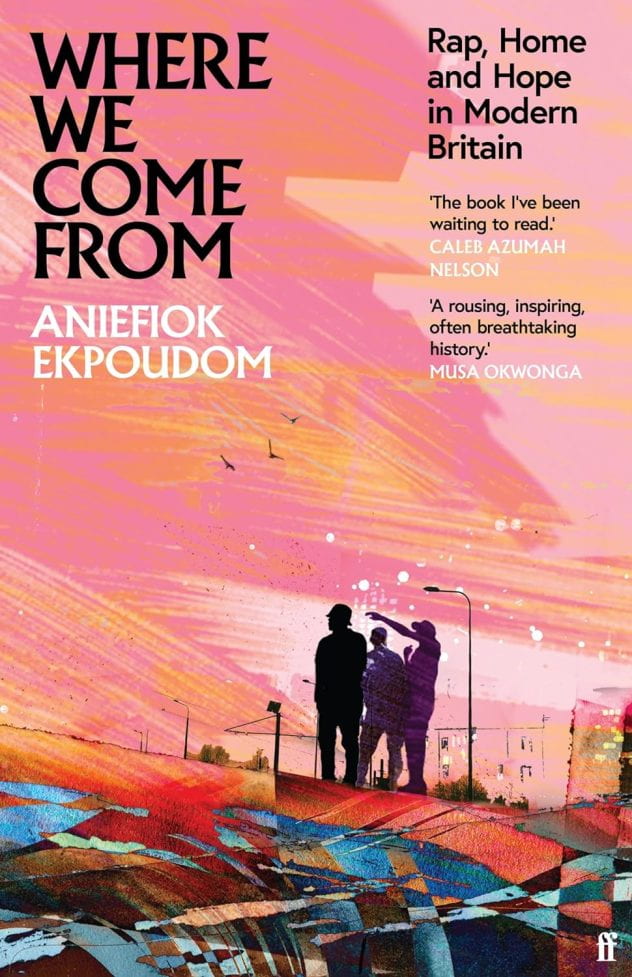

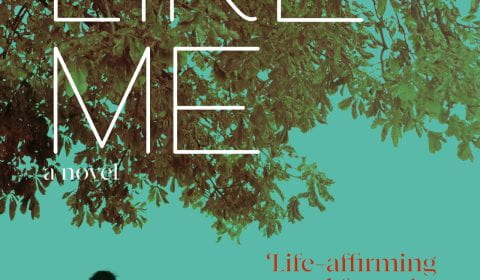


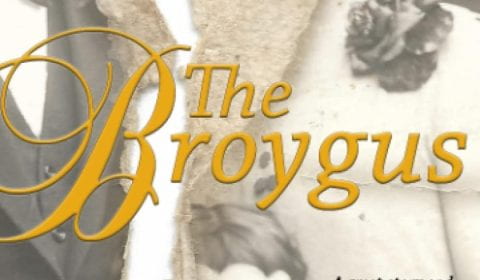


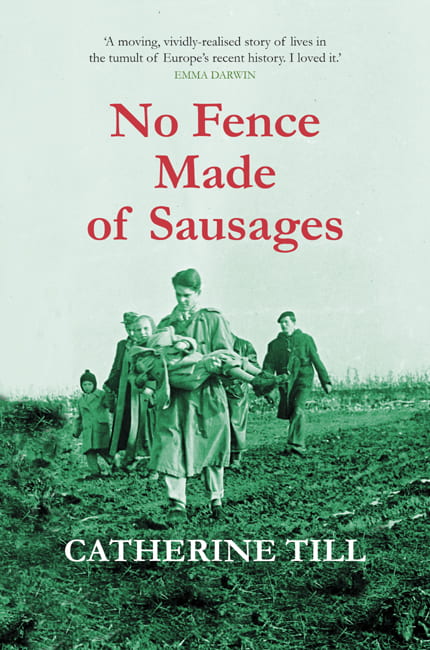

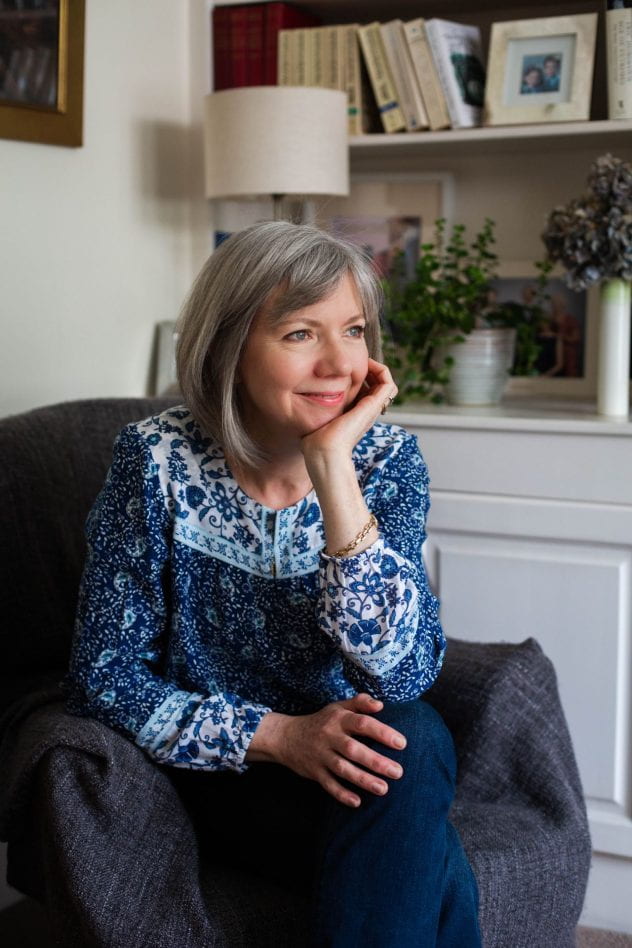

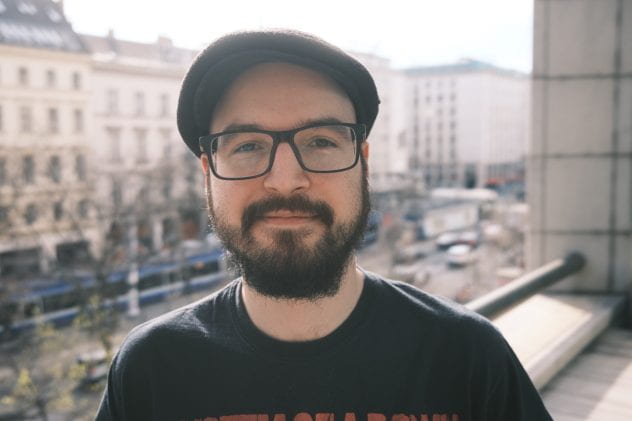









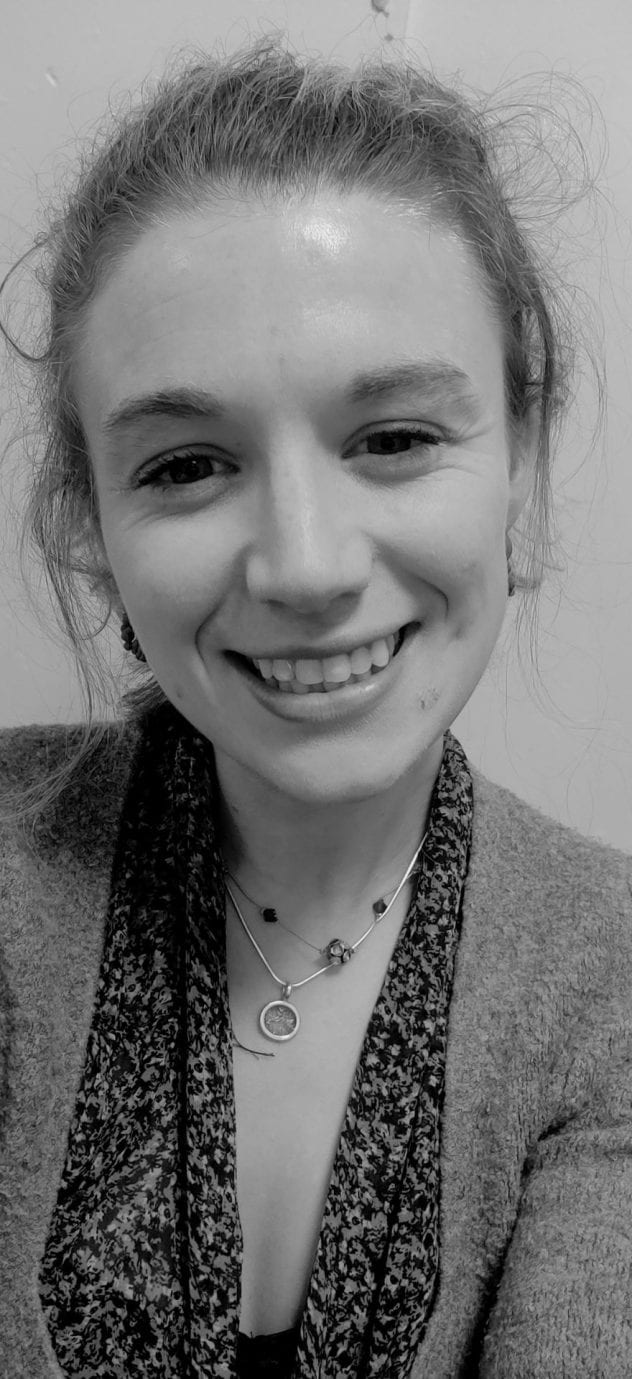


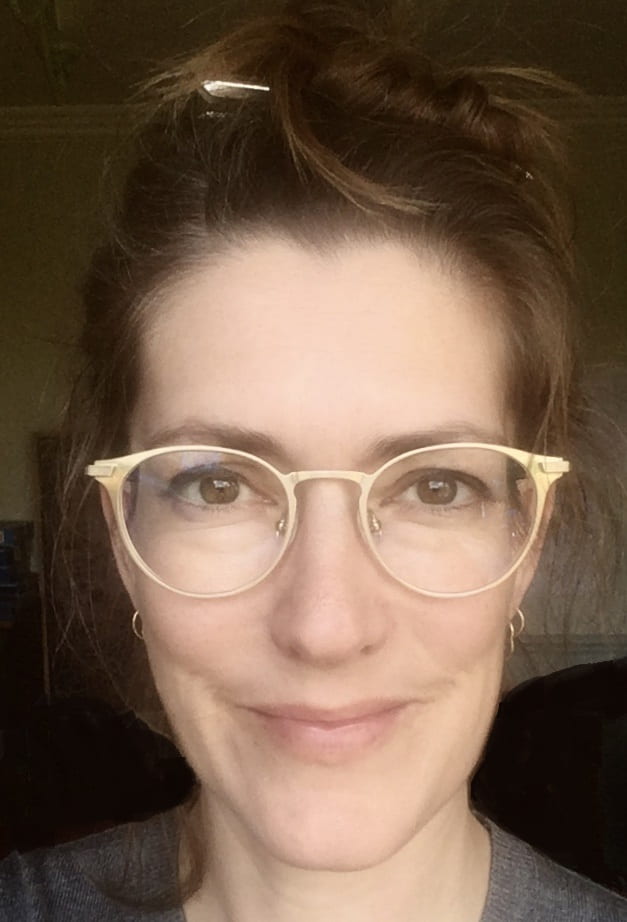
Recent Comments